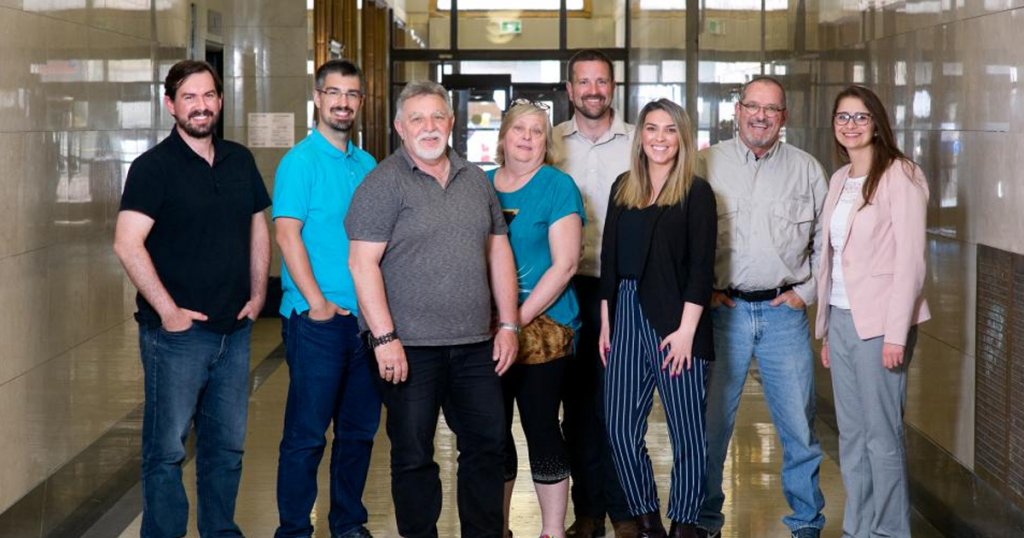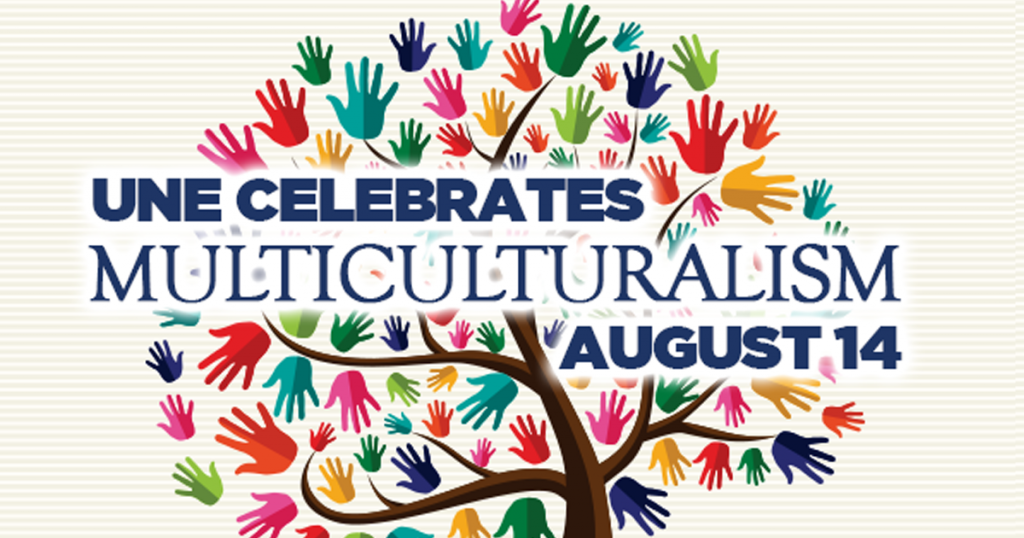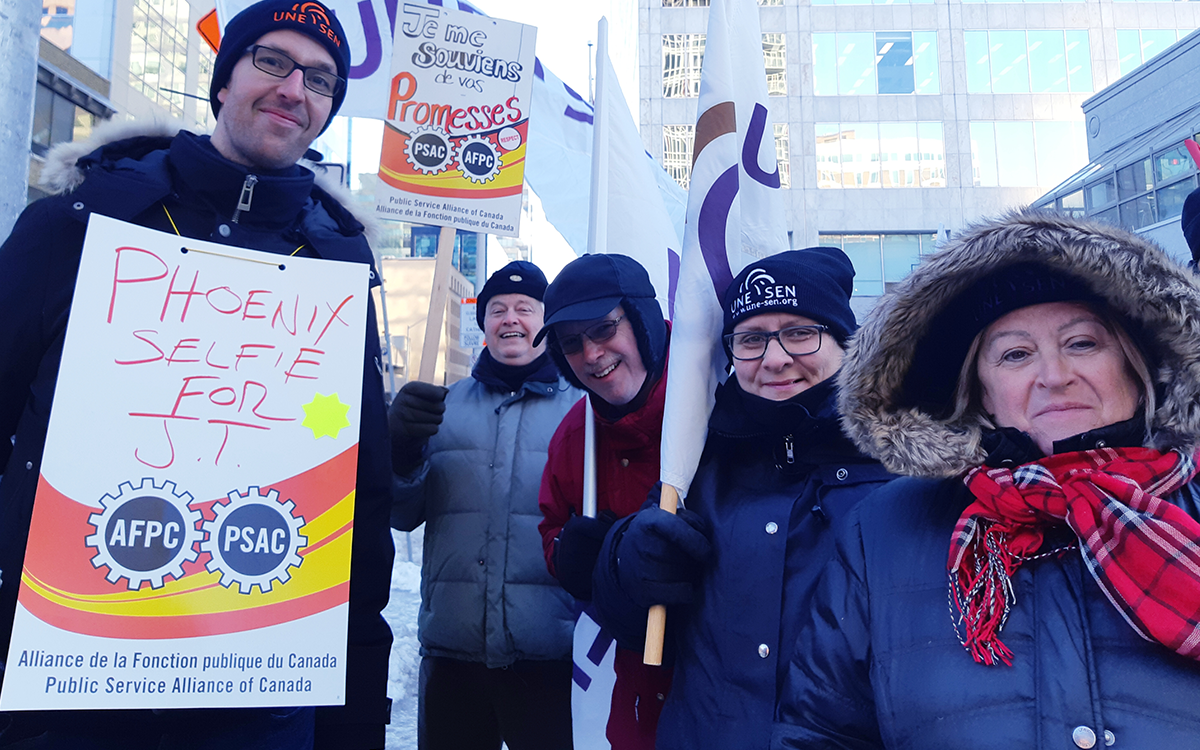
In a victory for members at Parks Canada, PSAC has reached a tentative agreement that includes a competitive economic increase, greater parity with the core public service, no concessions, and improved working conditions and job security.
Members at Parks Canada will also be awarded the Phoenix damages settlement to compensate for the pain and suffering caused by the broken pay system. Please read the following update which provides greater detail on the general Phoenix compensation portion of the settlement, as well as the expansion of the claims process for out-of-pocket expenses and for those who suffered major losses because of Phoenix.
Annual wage settlement & shift premiums
PSAC’s bargaining team successfully secured fair wage increases averaging at 2.11% per year. Parks Canada members would receive the following wage increases:
| Year 1 | Year 2 | Year 3 |
| 2.8% | 2.2% | 1.35% |
In addition, shift premiums for employees working between 5 p.m. and 6 a.m. will increase from $2.00/hour to $2.25/hour (12.5% increase).
Catch up adjustments to Core Public Administration
Members in the following groups and sub-groups will receive wage adjustments to catch them up to their counterparts in the core public administration. Adjustments will be applied in Year 3 of the collective agreement:
| AR (all levels) | GL-PIP-12 |
| EG (all levels) | GL-MDO-03 |
| FI (all levels) | GL-MDO-05 |
| HR (all levels) | GL-MDO-12 |
| BI-03 | GL-MOC-11 |
| CO-01 to CO-04 | GL-MOC-08 |
| EL-06 to EL-09 | GL-PCF-11 |
| GL-COI-09 | GL-PCF-14 |
| GL-COI-14 | GL-PIP-12 |
| GL-EIM-12 | GL-MDO-03 |
| GL-ELE-01 | GL-MDO-05 |
| GL-ELE-06 | GL-MDO-12 |
| GL-ELE-14 | GL-MOC-11 |
| GL-MAM-13 | GL-MOC-08 |
| GL-MAN-07 | GL-PCF-11 |
| GL-MAN-08 | GL-PCF-14 |
| GL-MAN-13 | GL-PIP-12 |
| GL-MDO-03 | GL-PRW-07 |
| GL-MDO-05 | GL-PRW-08 |
| GL-MDO-12 | GL-PRW-13 |
| GL-MOC-11 | GL-VHE-13 |
| GL-MOC-08 | GS-02 |
| GL-PCF-11 | GS-11 |
| GL-PCF-14 | HP-03 |
Lump sums and allowances
- A one-time payment of $500 in recognition of the extended collective agreement implementation deadline and an additional $50 for every subsequent 90-day delay.
- Effective 180 days following the signature of the agreement, Enforcement Officers at the GT-04 and GT-05 levels will receive an increase to their existing annual allowance from $3,000 to $3,534.
- Improved and expanded retention allowance for CR-05, AS-01, AS-02, AS-03 or AS-04 Compensation Advisors working in pay pods under the banner of the Public Service and Procurement Canada Pay Centre (PSPC) to $3,500 per year.
- Renewal of $2,500 allowance for AS-01, AS-02 & AS-03 Compensation Advisors working at the Agency.
- Extension of temporary incentives for AS-01, AS-02 and AS-03 Compensation Advisors, providing a one-time $4,000 payment and double overtime. This existing provision will apply until September 1st, 2020.
- New allowance of $1.00 per hour for Dog Handling.
Other improvements
- Significant improvements to Workforce Adjustment (WFA):
- Inclusion of seniority in the Voluntary Departure Process, ensuring that selections will be done on the basis of seniority.
- Requirement to have joint Workforce Adjustment committees.
- Expanded definition of alternation, allowing surplus employees to alternate into an indeterminate position within the Agency.
- Increase to the Education Allowance from $15,000 to $17,000 for indeterminate employees who are laid off during workforce adjustment process.
- Memorandum of understanding (MOU) reached between the parties agreeing on the value of returning to full membership of the National Joint Council (NJC). Creation of a union-management sub-committee that will discuss Parks Canada’s assessment of its policies related to the NJC and the feasibility of a full and expedited return to the NJC. This work will be completed prior to the next round of bargaining.
- Improvements to parental & maternity leave:
- Updated language to match the new legislation including a new extended leave option and the sharing of parental leave.
- Expanded supplementary allowance for every week an employee is on extended or shared parental leave.
- Additional weeks for parents covered under the Quebec Parental Insurance Plan, when both parents work in the public service.
- Better language on return to work following a maternity or parental leave, giving more flexibility to parents who wish to change positions within the federal public service.
- New language specifying that employees may take their parental leave in two periods subject to employer discretion.
- Increase in maternity related reassignment or leave qualification from 52 to 78 weeks following the birth of a child.
- New provision providing access to ten days of paid domestic violence leave.
- MOU establishing of a joint committee to review the use of Indigenous languages in the Agency, examine Indigenous language skills in the performance of employee duties, and consider the advantages that Indigenous language speakers bring to the Agency.
- MOU regarding Mental Health in the Workplace.
- Recognition that all provisions in the collective agreement referencing a gender are meant for all employees, regardless of gender identity.
- Expansion of scope for the following Leave improvements now inclusive of a person who stands in place of a relative for:
- Leave without pay for the care of the family
- Bereavement leave
- Leave with pay for family-related responsibilities (now also inclusive of stepchild)
- New MOU providing up to $150,000 to fund a one-year joint learning program pilot project (MOU will be outside the collective agreement).
- Improvements to travel time to pay for up to five hours compensation for any stopovers. Increase of travelling cap to 15 hours from 12 hours.
- An increase in meal allowance for overtime from $10 to $12.
- Updated and improved language to match the new legislation on Compassionate Care and Caregiving Leave.
- New language specifying employee’s right to access official copy of an investigation report (Article 17 – No Discrimination & Sexual Harassment).
- Better language to allow the use of employer facilities for union activities.
- Deletion of MOU on Supporting Employee Wellness. As a result, sick leave will remain untouched.
Full text and next steps
We will share the final text and full details of the tentative agreement as soon as it becomes available. Shortly thereafter, members at Parks Canada will be invited to participate in online ratification votes. Details about the votes will be shared as soon as possible.
Your bargaining team unanimously recommends the ratification of the tentative agreement.
To ensure that you receive all updates and can participate in the ratification process, please ensure that you have either updated your contact information on PSAC’s member portal, or that you create an account if you have not done so already.
Bargaining team:
- Angela Decker
- Daniel Toutant
- Daniel Britton
- Kassandra McKinnon
- Marc Phillips
- Omar Murray
- Birch Howard
Negotiator: Ashley Bickerton
Research Officer: Maxime Thibault-Gingras

